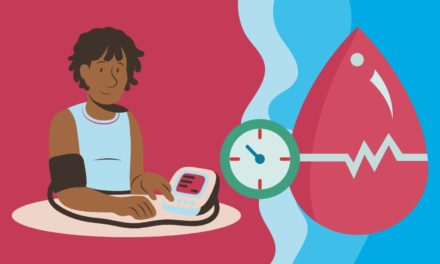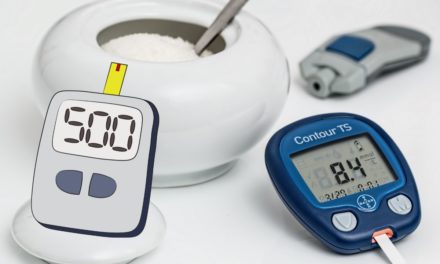Blood sugar levels are an important aspect of maintaining optimal health, especially regarding metabolic health and overall health. Blood sugar, also called blood glucose, refers to the amount of sugar (glucose) in your blood at any given time. The body tightly controls blood sugar levels to ensure a stable and constant supply of energy to cells and organs.
When we consume carbohydrates, they are broken down into glucose, which enters the bloodstream, raising blood sugar levels. In response, the pancreas releases insulin, a hormone that helps cells absorb glucose for energy or storage. Insulin is needed to keep blood sugar within a narrow range, preventing it from getting dangerously high (hyperglycemia) or too low (hypoglycemia).
Mastering blood sugar levels involves adopting healthy lifestyle practices and making informed food choices to keep blood sugar in the optimal range. Here are a few key factors to consider:
1. Balanced Diet:
Focus on a balanced diet that includes a variety of nutritious foods. Include whole grains, fruits, vegetables, lean proteins, and healthy fats. Limit your consumption of refined carbohydrates and sugary foods, as these can quickly raise blood sugar levels.
2. Portion control:
Watch portion sizes to avoid overeating, especially when consuming carbohydrates. Eating too much can cause sudden spikes in blood sugar levels.
3. Glycemic Index:
The glycemic index (GI) ranks foods based on their effect on blood sugar levels. High GI foods lead to rapid growth, while low GI foods lead to gradual growth. Balancing high GI foods with low GI foods can help keep blood sugar levels stable.
4. Regular Meals:
Avoid skipping meals, as this can cause blood sugar fluctuations. Aim for regular, balanced meals and consider adding healthy snacks in between to keep blood sugar levels stable.
5. Physical activity:
Regular exercise is beneficial for blood sugar management. It helps muscles absorb glucose from the bloodstream, lowering overall blood sugar levels. Additionally, exercise can increase insulin sensitivity, making it more effective at controlling blood sugar.
6. Stress Management:
Chronic stress can trigger hormonal responses that affect blood sugar levels. Incorporate stress reduction techniques such as meditation, yoga, or deep breathing into your daily routine.
7. Adequate sleep:
Lack of sleep can disrupt hormonal balance and lead to insulin resistance, which affects blood sugar control. Aim for a quality sleep of 7-9 hours each night.
8. Monitor Blood Sugar:
For people with diabetes or those at risk for blood sugar imbalances, regular blood sugar monitoring is essential. This provides valuable insight into how your body reacts to different foods and activities.
9. Consult a Healthcare Professional:
Consult a healthcare professional if you have concerns about your blood sugar levels or suspect you may have pre-diabetes or a diabetes-like condition. . They can provide personalized guidance and recommend appropriate interventions.
10. Limit alcohol intake:
Alcohol can interfere with blood sugar regulation, causing fluctuations. If you drink, do so in moderation and avoid drinking on an empty stomach.
Remember that individual responses to food and lifestyle choices may vary. What works for one person may not be best for another. It’s important to find a personal balance that works for your specific health needs and goals.
For people with diabetes, controlling blood sugar levels becomes even more important, as the condition requires careful monitoring and management to prevent complications and improve overall quality of life. In such cases, working closely with health care professionals, including endocrinologists and certified diabetes educators, is critical to effective blood sugar control.










